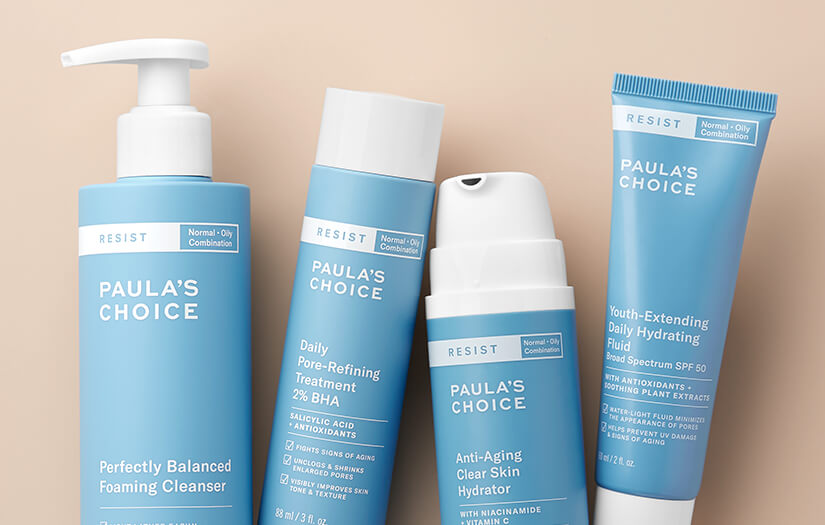Your skin is your largest organ and first line of defense, so it’s essential to keep it healthy. A basic skincare routine can help combat issues like aging, breakouts and hyperpigmentation.
Start with a gentle cleanser that won’t strip your skin of its essential oils, then follow with moisturizer if needed. Additionally, you can use botanical facial oil to brighten and even out your complexion.
Cleansing
A gentle facial cleanser is an essential step in any skincare routine, eliminating excess sebum and dirt from your skin. Not only does this help prevent breakouts, improve acne’s appearance, but it can also make anti-aging products work more effectively.
Your skin produces sebum to shield itself from environmental hazards, but if this oil stays on too long or mixes with any residue left on the surface of the skin, it can contribute to congestion and breakouts.
Dr. Tracy Evans recommends that in order to effectively eliminate these buildups, you should cleanse your face twice daily.
By using a cleansing oil, balm or micellar water to remove makeup and sunscreen, an additional cleanser can be applied for deeper pore cleaning – eliminating deeper layers of sebum, makeup and pollution particles.
Exfoliation
Your skin is your largest organ, so it’s essential to take good care of it. Regular cleansing, toning and moisturizing will help give off a healthy glow.
But a major component of your skincare regimen should include exfoliation to rid yourself of dead skin cells that can accumulate on the surface and lead to dullness and clogged pores.
Dermatologists suggest using both physical and chemical exfoliators. The former involves rubbing particles or fabrics against your skin, while the latter utilizes ingredients like glycolic or salicylic acid to dissolve dead skin cells, stimulating cell turnover.
For optimal results, exfoliating your skin once or twice a week is recommended. However, if you have sensitive skin or are dealing with an itchy condition, more frequent exfoliation may be necessary for optimal results.
Toning
Toners are an essential skin care step, used after cleansing and before moisturizing. They help remove any remaining dirt, oil, or makeup and help restore your skin’s pH balance.
They’re an ideal way to prepare your skin for better absorption of serums and moisturizers. You can apply them using either a cotton pad or your fingertips.
When shopping for toners, seek those that contain hydrating ingredients like water-based hyaluronic acid or witch hazel. These are gentler alternatives to the harsh alcohol-based formulas of yesteryear.
Moisturizer
Moisturizers are essential components of any good skin care routine, helping to keep skin hydrated and plumped up.
Moisturizers can come in the form of lotions, gels, creams or ointments containing emollients. They help keep your body’s transepidermal water loss (TEWL) process in check by locking in moisture that naturally escapes through sweat.
Moisturizing also has anti-wrinkle benefits, as it hydrates and nourish the skin for a smoother complexion. Moisturizing has also been known to make skin appear younger by plumping up its pockets of water.
Dermatologists typically suggest moisturizing twice a day – morning and night. Furthermore, applying moisturizer immediately after taking a bath or shower helps lock in moisture from within your skin, keeping it looking its best.
Sunscreen
Applying sunscreen to your daily skin care routine is one of the most efficient ways to enhance its health. Not only does it protect you from sunburn and aging, but it can also prevent skin cancer.
Effective sunscreens absorb or reflect UV rays before they reach your skin, converting the energy into very small amounts of heat that helps protect you from sunburn.
Sunscreens can be divided into chemical and mineral categories, with chemical sunscreens using ingredients like avobenzone, octisalate, octocrylene and homosalate as their active components.
Both products are evaluated by the Food and Drug Administration in terms of SPF (sun protection factor).
Choose a broad-spectrum sunscreen with both UVA and UVB protection, and apply it regularly. Reapply as needed.


